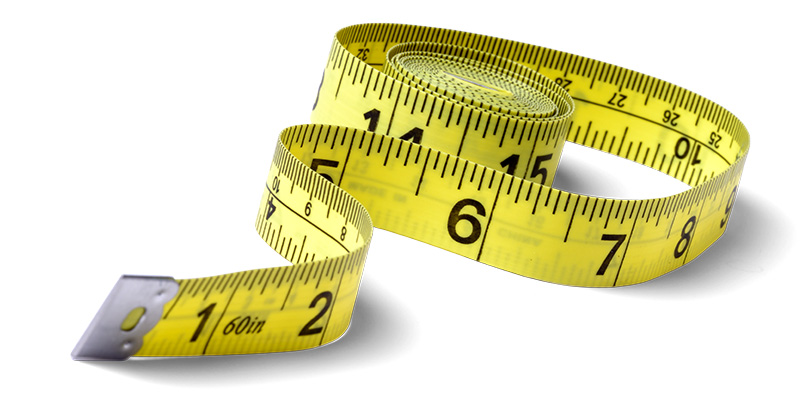The other day, one of my Twitter followers asked me, “What is the #1 nutrition mistake you see people making?” I answered with the first thing that came to my mind, but the question has lingered ever since! It got me thinking of several common traps people fall into on their journey to health and weight loss. I decided to put my myth-busting skills to use by compiling some common misconceptions and the actual truths behind them. I’ve narrowed it down to…
The Top 5 Dieting Mistakes:
- Skipping meals. It’s still a very common practice to go for prolonged periods of time without eating as a way to “save calories.” Eating consistent, balanced meals and snacks regulates blood sugar levels and supports metabolism while skimping on calories and skipping meals does the exact opposite. When we “fast” or deprive our bodies of the calories (energy) and nutrients that it needs to run efficiently, metabolism slows down in order to compensate for the lack of energy coming in. Think of it like a car with an empty gas tank — not only is it not going to run efficiently, but it’ll hardly run at all. When you give it gas, it will begin to run and when you put high quality gas in it, it runs best. This is why skipping any meal sets back any weight loss efforts and contributes to low energy levels, fatigue, headaches… it’s a lose-lose situation. Eat a combination of quality protein, healthy carbohydrate and healthy fat every three to four hours to keep your blood sugars balanced, your cravings at bay and your metabolism working for you.
- Believing inaccurate nutrition information and implementing ineffective strategies. It breaks my heart to see people diligently following a strict diet or putting restrictions on certain foods thought to be unhealthy, only to learn they are doing it all wrong. A prime example of this is the “low-fat diet fad,” which was actually (pun intended), a big fat lie. I can’t tell you how many people I’ve coached, who have eliminated fat in their diets, only to find themselves gaining weight and feeling lousy. Or, after seeing ads for “no calorie” products such as diet soda, they think they’re home free, so they down several of these each day. I remember having a client proudly tell me she never allowed sweetened beverages in their home, until they *discovered* diet pop. When she heard diet pop was void of calories and sugar, she freely gave each member of the household a bottomless cup. To say she was extremely frustrated and appalled to find out that this is FAR from a healthy concept would be a complete understatement (but it explained her son’s weight gain despite her honest weight loss efforts). We are all targets of misleading marketing strategies and have to be on the lookout as advertising campaigns try to brainwash us all.
- Following a diet. Weight loss may be a side effect of a short term diet, but diets can have detrimental effects on long-term health. Furthermore, many people gain back the weight they originally lost and more. This is why I teach people how to implement healthy strategies for a lifestyle, not just as short-term fix. The healthiest diet of all is one that can be maintained over the long haul and has you eating real food that doesn’t eliminate any of the three macronutrients: Protein, Carbohydrate and Fat (PFC).
- Using “healthier” versions of “not-so-healthy” products. That’s a nice way of saying, substituting junk for junk. An organic cake mix is not any better for your blood sugars, your metabolism or your weight than a non-organic cake mix. Diet pop is not any better for your body than regular pop (and actually may be doing more harm than the latter…). The same goes for low-fat cookies, crackers, cupcakes, muffins and all other refined, processed carbohydrates. Instead of asking which is the lesser of two evils, focus on eating real food. And splurging periodically on the “real thing” is better than constantly overeating it’s unnatural imitation (although I’m not an advocate for binges; it’s just that real food most of the time is a better approach to the alternative).
- The “one-size-fits-all” approach. Don’t assume that what worked for Jim or Jane will work for you. Dave may be able to eat dessert after every meal without gaining a pound, while Mark gains five pounds just looking at a piece of cake. Betty may be able to fast all afternoon with no cravings, while Judy craves sugar on the three hour mark after her last meal. When it comes to our unique bodies, metabolism and genetics, we aren’t all created equal. What works for someone else may not work for you. This is why it’s so important to have an individualized health and nutrition plan.
Now, time to makeup for falling for those metabolism-draining myths. Go grab my BEST tips to BOOST your metabolism by clicking the pink button below!











